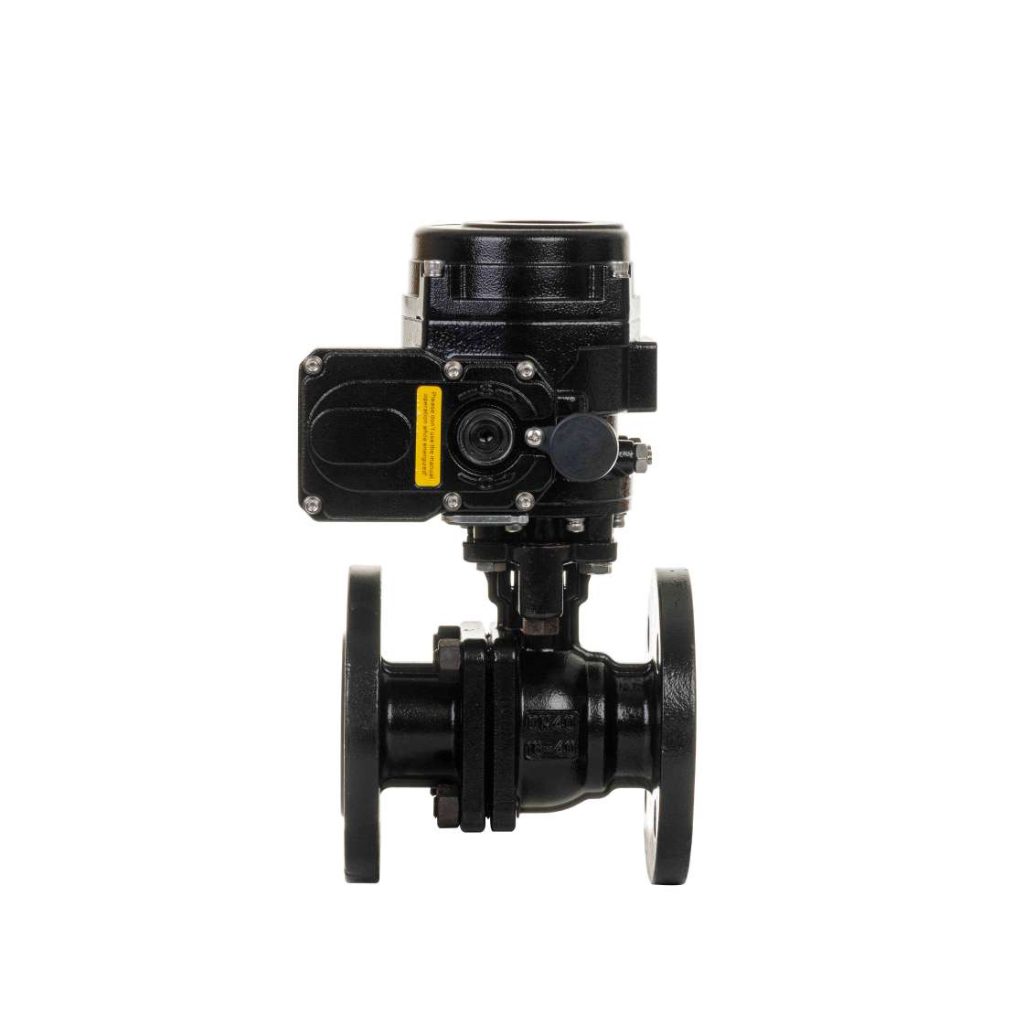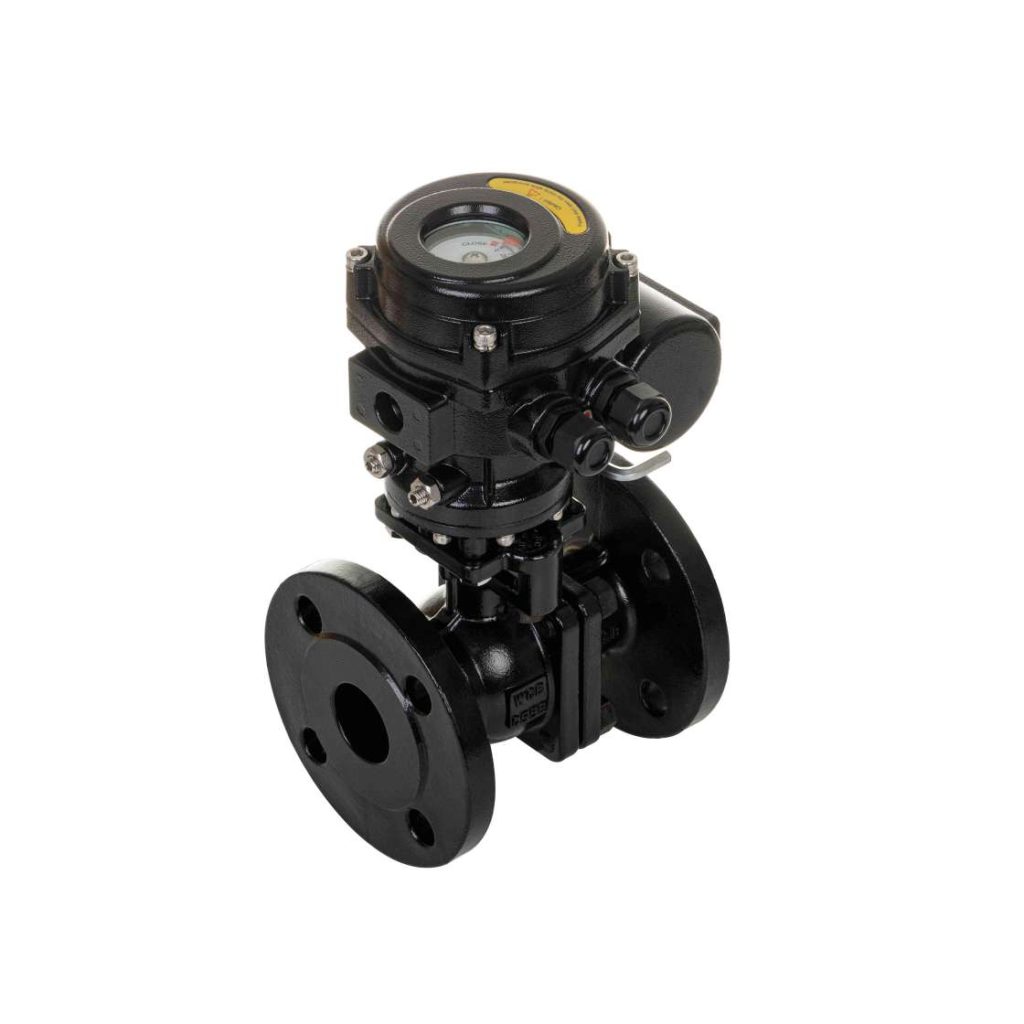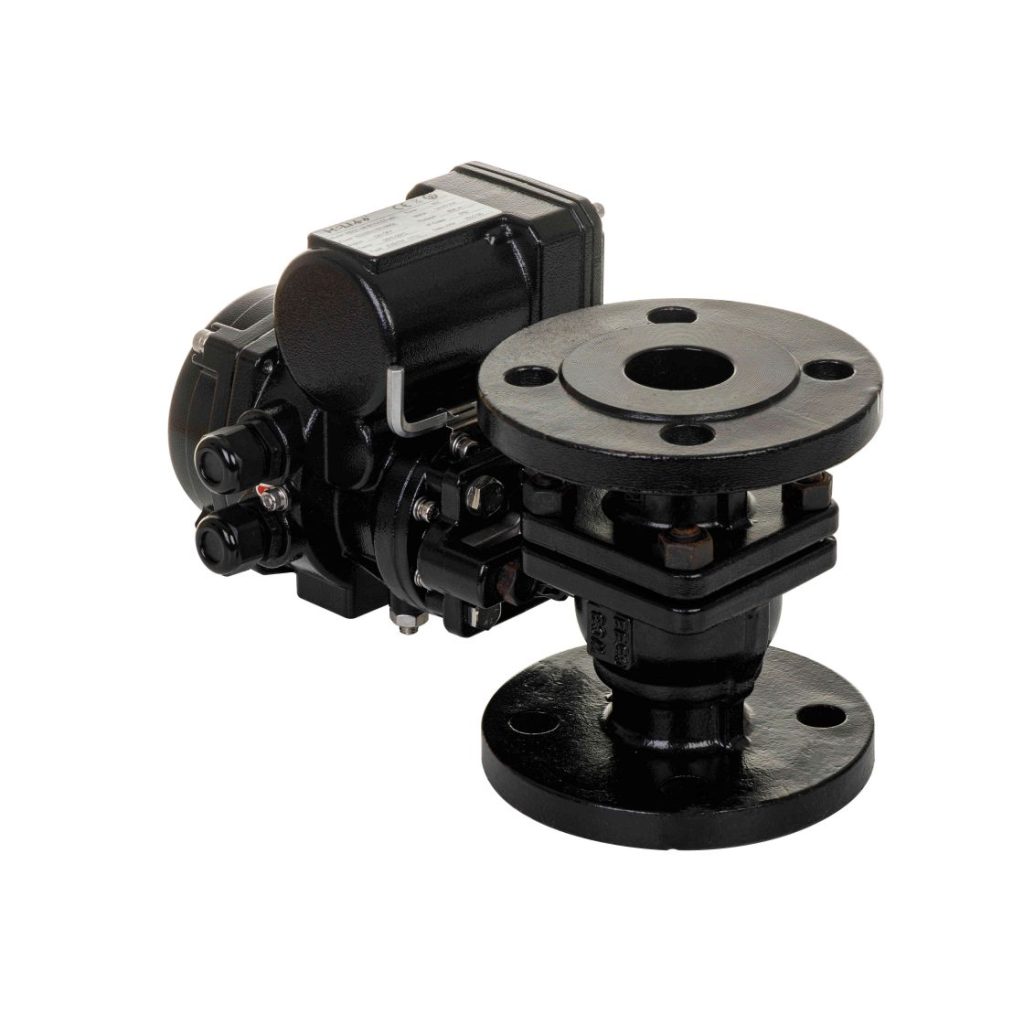The Stainless Steel Electric Flange Ball Valve has become an essential component in modern industrial applications due to its durability, reliability, and efficient performance in controlling fluid flow. This type of valve is particularly suitable for use in pipelines where the control of gas, liquids, and slurries is required, and the need for precise flow regulation is critical. In this article, we will explore the key features, benefits, applications, and the working principle of the Stainless Steel Electric Flange Ball Valve.

Key Features of Stainless Steel Electric Flange Ball Valve

Material Durability: Stainless steel is renowned for its resistance to corrosion, making it ideal for use in harsh environments where exposure to water, chemicals, and high temperatures is common. The Stainless Steel Electric Flange Ball Valve ensures that the valve maintains its structural integrity over time, even when exposed to these challenging conditions. Electric Actuation: The inclusion of an electric actuator makes the valve automated, providing greater ease of control. Electric actuation allows for remote operation, reducing manual intervention and increasing efficiency. This is especially valuable in systems where continuous monitoring and control are necessary, such as in automated manufacturing, water treatment plants, and HVAC systems.
